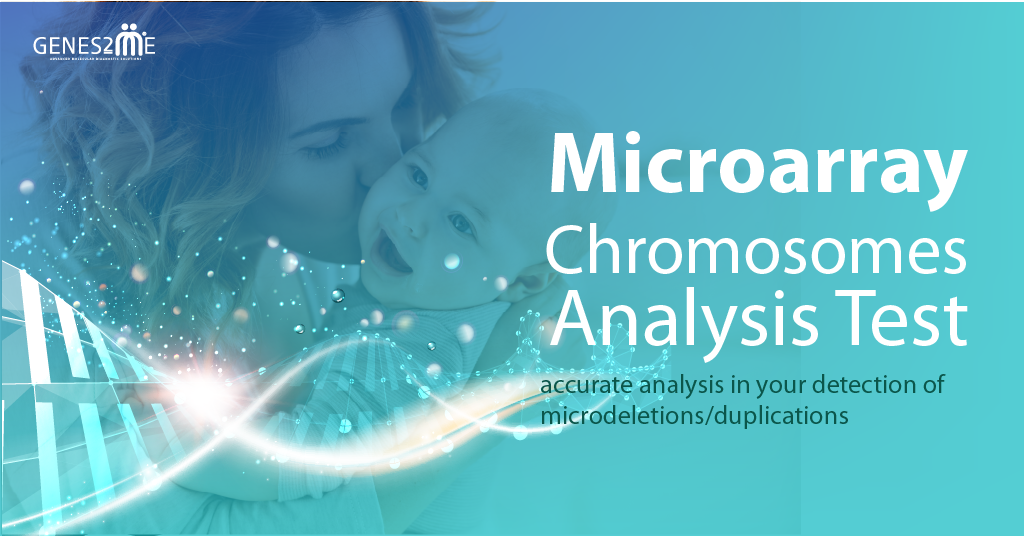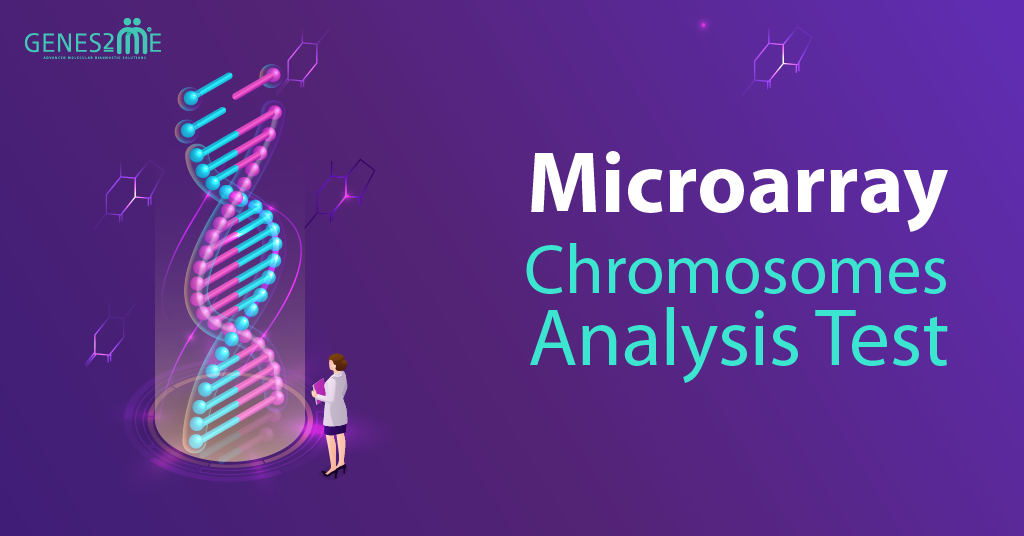Do You Need a Microarray Test For Autism?

When Sangeeta Malik’s daughter, Vaishnavi, was 12 months old, she skipped important developmental milestones. Her daughter has had feeding problems since birth but recently has developed a sleeping disorder. Sangeeta grew concerned for her daughter and asked her parents and friends who had children around the same time. She kind of had a feeling that her baby was very different.
Sangeeta took her daughter to see a doctor who had a difficult time diagnosing her. In the meantime, Sangeeta got pregnant again. Vaishnavi’s autism was diagnosed when she was three years old.
Vaishnavi was already two years old, and it didn’t cross her mind that the baby was carrying the same genes as her first child and might face similar challenges.
Her baby sister, Sakshi’s autism, was also diagnosed when she was 23 months old. “I couldn’t believe it at first. I mean, what are the odds of it happening a second time?” says Sangeeta, who later talked to a genetic counselor in Gurugram.
Autism is Hereditary
Sangeeta wasn’t aware that autism frequently runs in families. Children having siblings with autism are generally more likely to be diagnosed with the same condition. Sangita wasn’t aware of autism and didn’t know about her baby siblings’ high odds. Had she known that Sakshii would suffer the same fate as Vaishnavi, she says, he might have avoided getting pregnant again.
These days diagnostic companies provide easy access to the facts about autism recurrence. With the help of good genetic testing, you can detect mutations associated with autism in fetuses. Parents like Sangeeta can make the decision after taking the test.
Some parents like to have information about their unborn child’s health. Therefore, they welcome the opportunity to prepare themselves for a child on the spectrum and start early medication treatment or intervention.
Other parents might worry that they are not equipped to take on the responsibility of raising an autistic child. Therefore they may decide to have fewer children or even terminate a pregnancy based on a prenatal genetic test.
What is a Chromosome Microarray Test?
A chromosome microarray (CMA or molecular karyotype) is a powerful genetic test. Still, it is used to detect minor changes in our genetic information that may affect a child’s health or normal development. These minor changes in DNA are also known as copy number variants (CNVs). A CNV is a duplicate or missing DNA. Every individual has a copy number of variants in their DNA that do not affect their health. But sometimes, these CNVs are unknown to be highly suspected or associated with health and development.
This test is more powerful than a conventional chromosome analysis and can accurately identify the cause of health concerns in children.
The doctor generally recommends a microarray as the start if the treatment to determine any genetic disorders concerning developmental delay (DD), intellectual disability (ID) and autism spectrum disorders (ASD).
However, chromosome microarray tests do not identify fragile X syndrome (FXS), which is a common cause of intellectual disability. Therefore your genetic counselor may also ask you to take a DNA test for fragile X syndrome alongside a chromosome microarray test.

Benefits of Chromosome Microarray Test
Microarray is the most suitable genetic test for rare disorders which detects copy number variants. However, the tests have to be used alongside other genetic test. For instance, genetic tests like fragile X syndrome have to be requested and performed separately in a molecular diagnostic laboratory.
If CNV is identified in your child, then prenatal testing is often requested as the next step. The chromosome microarray test can help determine whether the CNV has been inherited. The doctor may also recommend CMA testing in the following scenarios:
- Multiple abnormalities are not associated to a genetic syndrome
- Non-syndromic developmental delay
- Intellectual disability
- Autism Spectrum Disorders
The best genetic lab in India can confirm the diagnosis for a series of chromosomal defects. Chromosomal microarray testing allows you to plan for a child with special needs or make a decision about carrying your child to full term.
